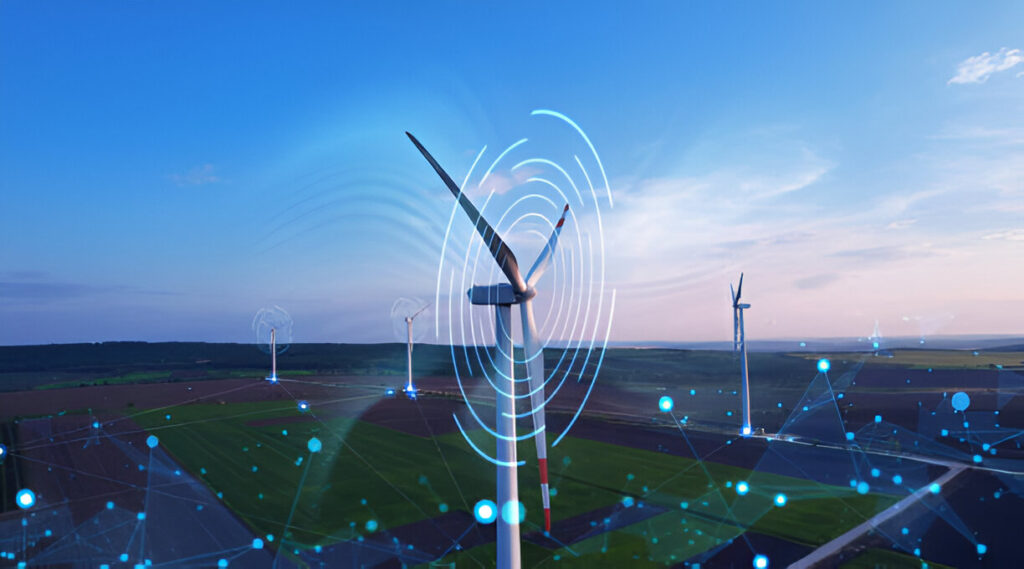
Energy consumption is one of the largest operational costs in the hospitality industry, from hotels to restaurants. Efficient energy management is essential to maintaining profitability while also meeting sustainability goals. As energy prices continue to rise, hospitality businesses are increasingly turning to smart solutions to manage their energy use across multiple locations.
Why Energy Management is Key in Hospitality
- High Energy Demand Hospitality businesses, particularly hotels and large restaurants, have significant energy demands. From heating and cooling to lighting and kitchen operations, energy use is constant and can quickly add up. Effective energy management helps reduce waste and control costs without compromising service quality.
- Cost Savings With rising utility bills, hospitality businesses can benefit from optimising their energy consumption. By implementing energy-efficient practices, such as upgrading to energy-efficient appliances and using automated systems, these businesses can significantly lower operational costs. This is especially important for hotel chains or restaurant franchises with multiple locations.
- Sustainability Efforts In the hospitality sector, sustainability is not just a trend but an expectation. Guests are becoming more environmentally conscious and prefer staying at hotels or dining at restaurants that prioritise green practices. Effective energy management not only reduces a business’s carbon footprint but also enhances its appeal to eco-conscious customers.
- Regulatory Compliance The hospitality industry is subject to various energy regulations, especially regarding emissions and energy efficiency standards. Failing to comply with these regulations can result in fines or other penalties. By proactively managing energy use, hospitality businesses can stay ahead of regulatory requirements while reducing operational risks.
Strategies for Effective Energy Management
- Energy Audits: Conducting regular energy audits can help identify inefficiencies and opportunities for improvement. This includes analysing energy consumption patterns and finding ways to optimise systems.
- Smart Technology: Installing energy-efficient systems, such as smart thermostats and lighting controls, can automate energy use and ensure that it is only being consumed when necessary. This is especially useful in guest rooms and common areas of hotels.
- Staff Training: Educating employees about energy-saving practices ensures that energy management becomes part of the company culture. Staff can play a significant role in reducing energy waste by following best practices.
For hospitality businesses looking to streamline their energy management, tools designed specifically for the sector can be incredibly useful. Platforms like “Manage energy across hospitality sites with Termina” provide tailored solutions to monitor and reduce energy use, helping businesses achieve both cost savings and sustainability goals.
In conclusion, optimising energy management in the hospitality industry not only reduces operational costs but also enhances a business’s environmental credibility. With the right strategies and tools, hospitality companies can improve their efficiency and contribute to a greener future.
